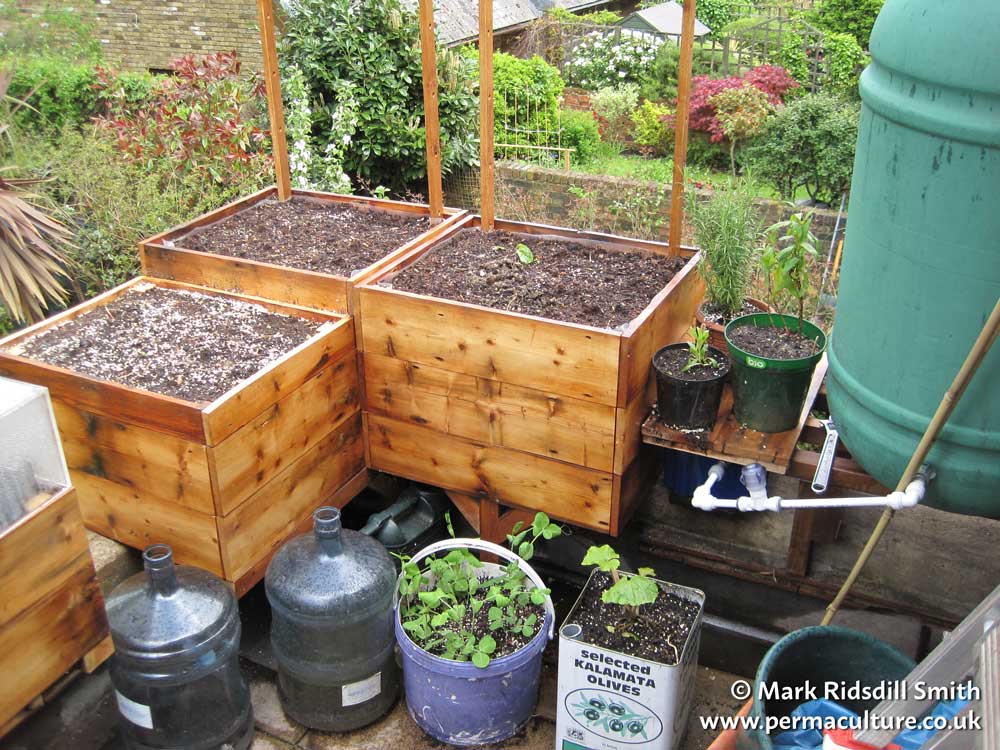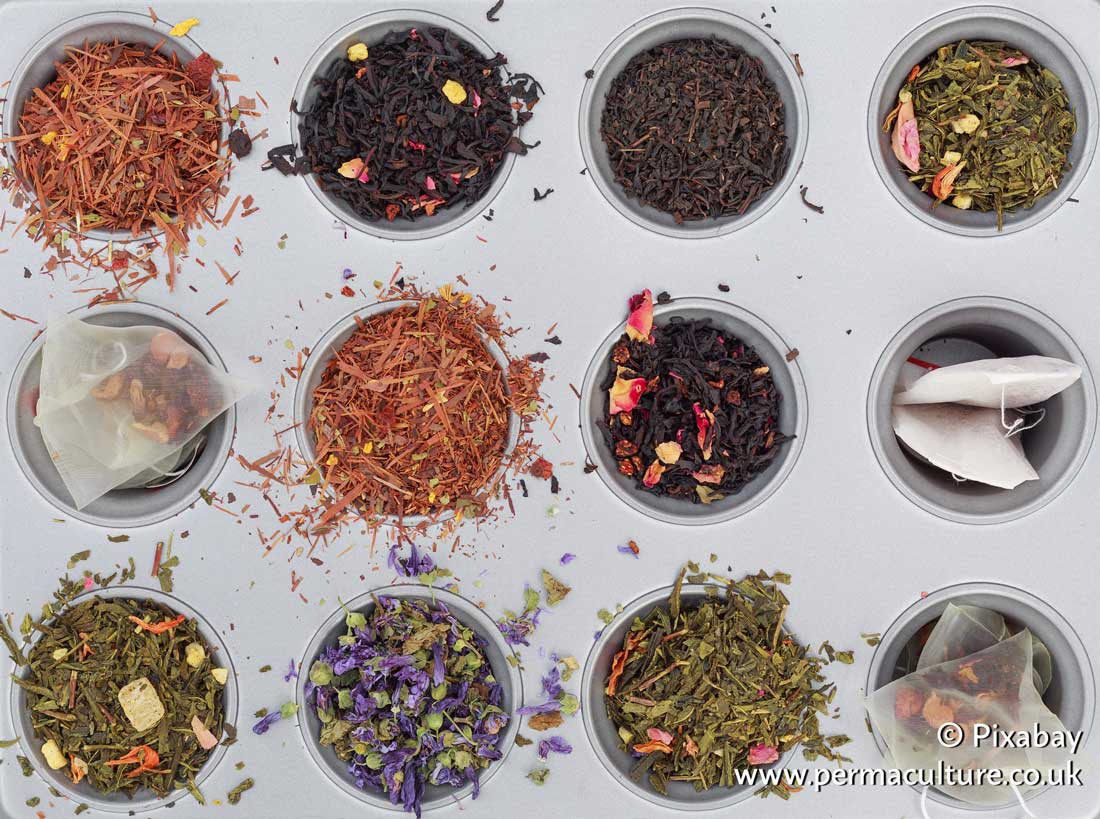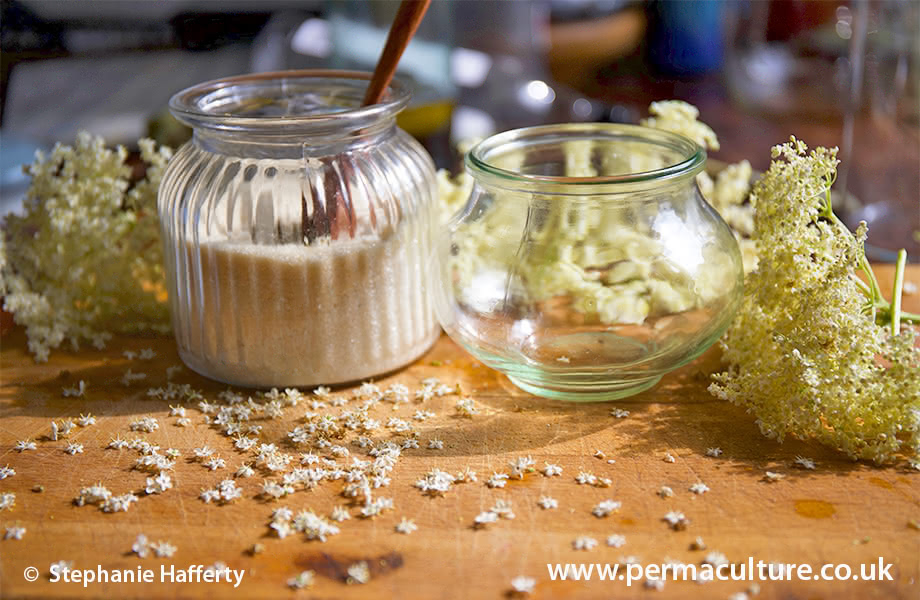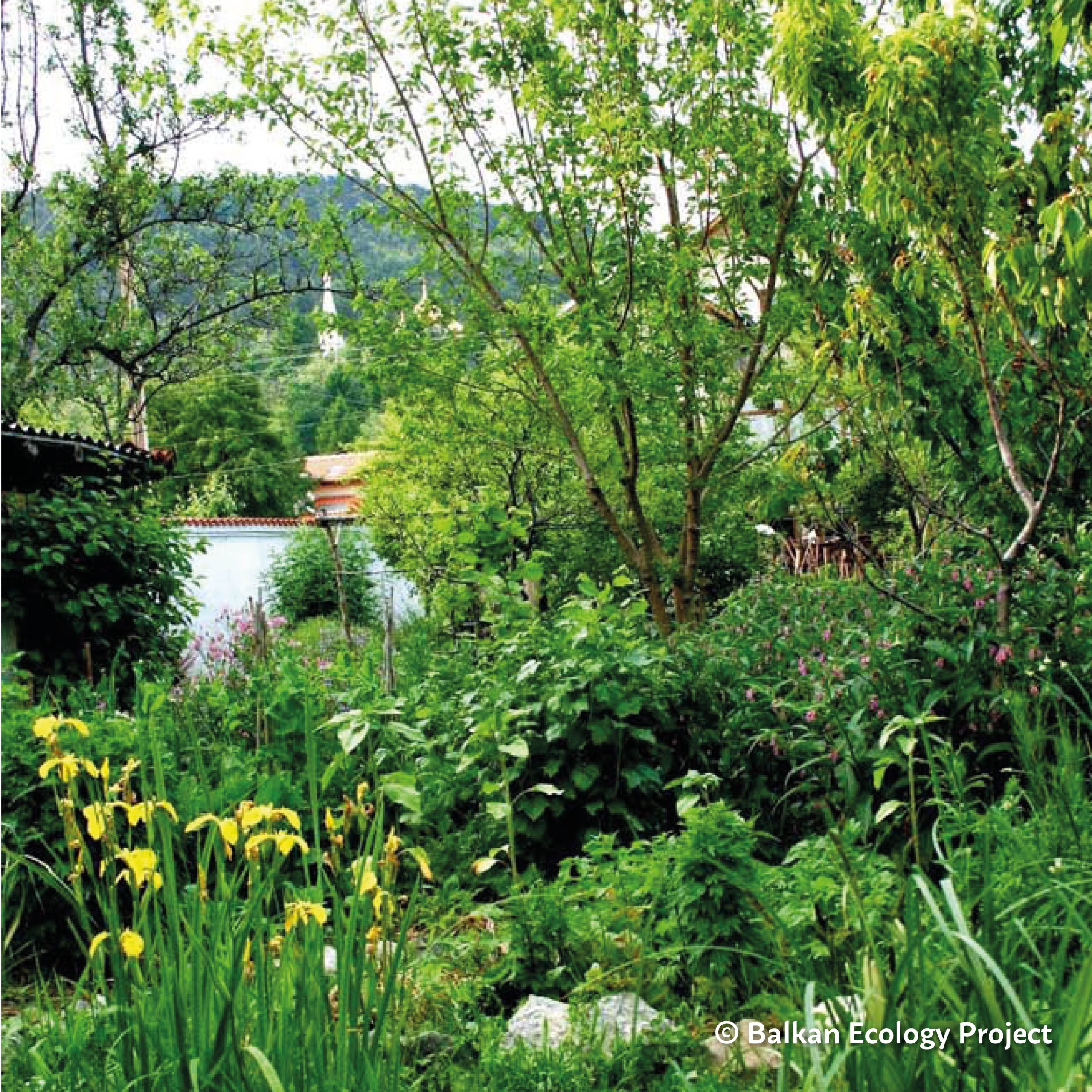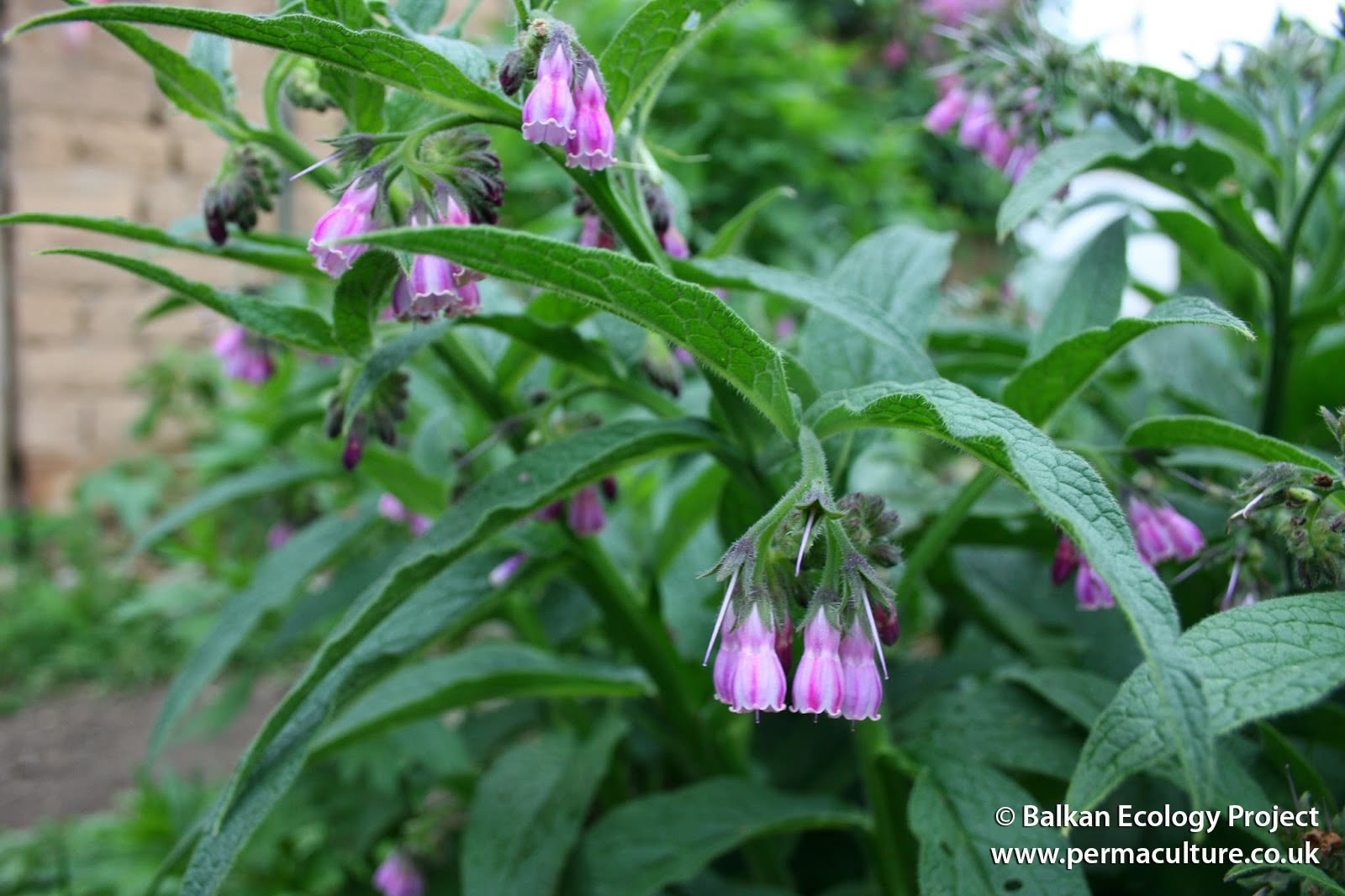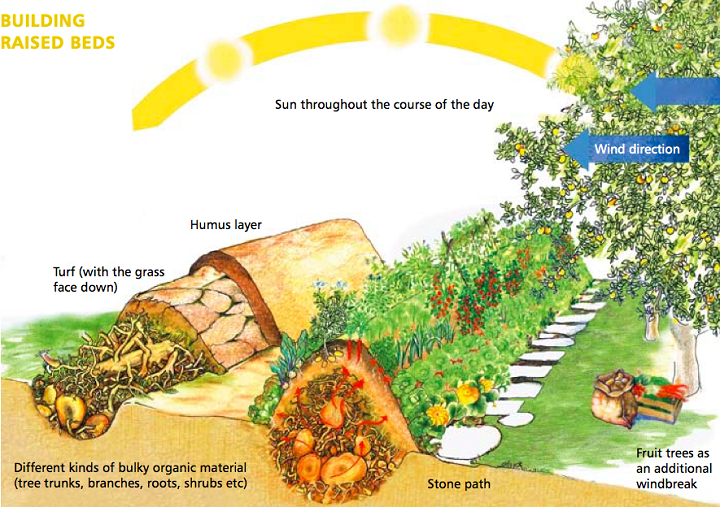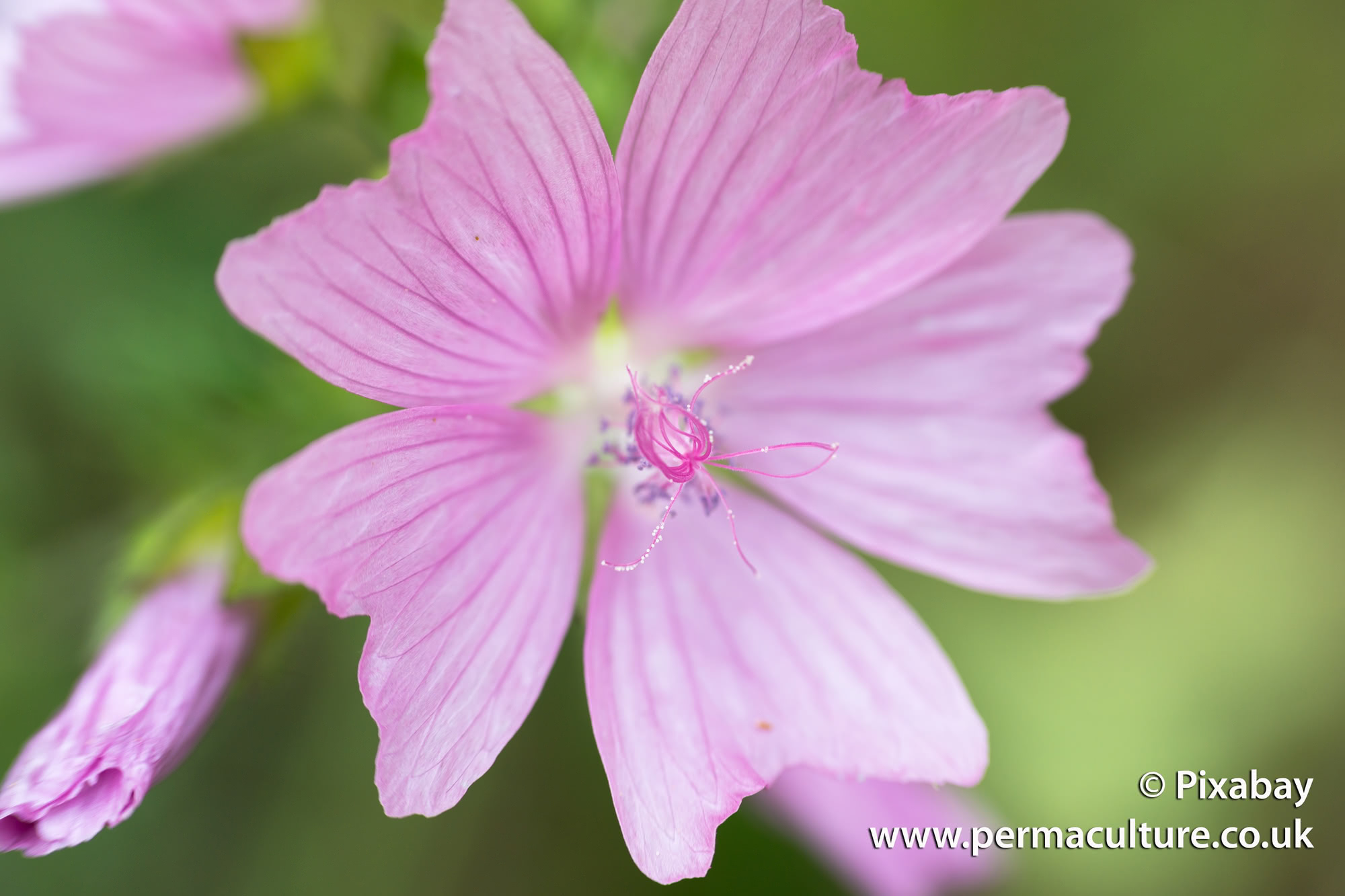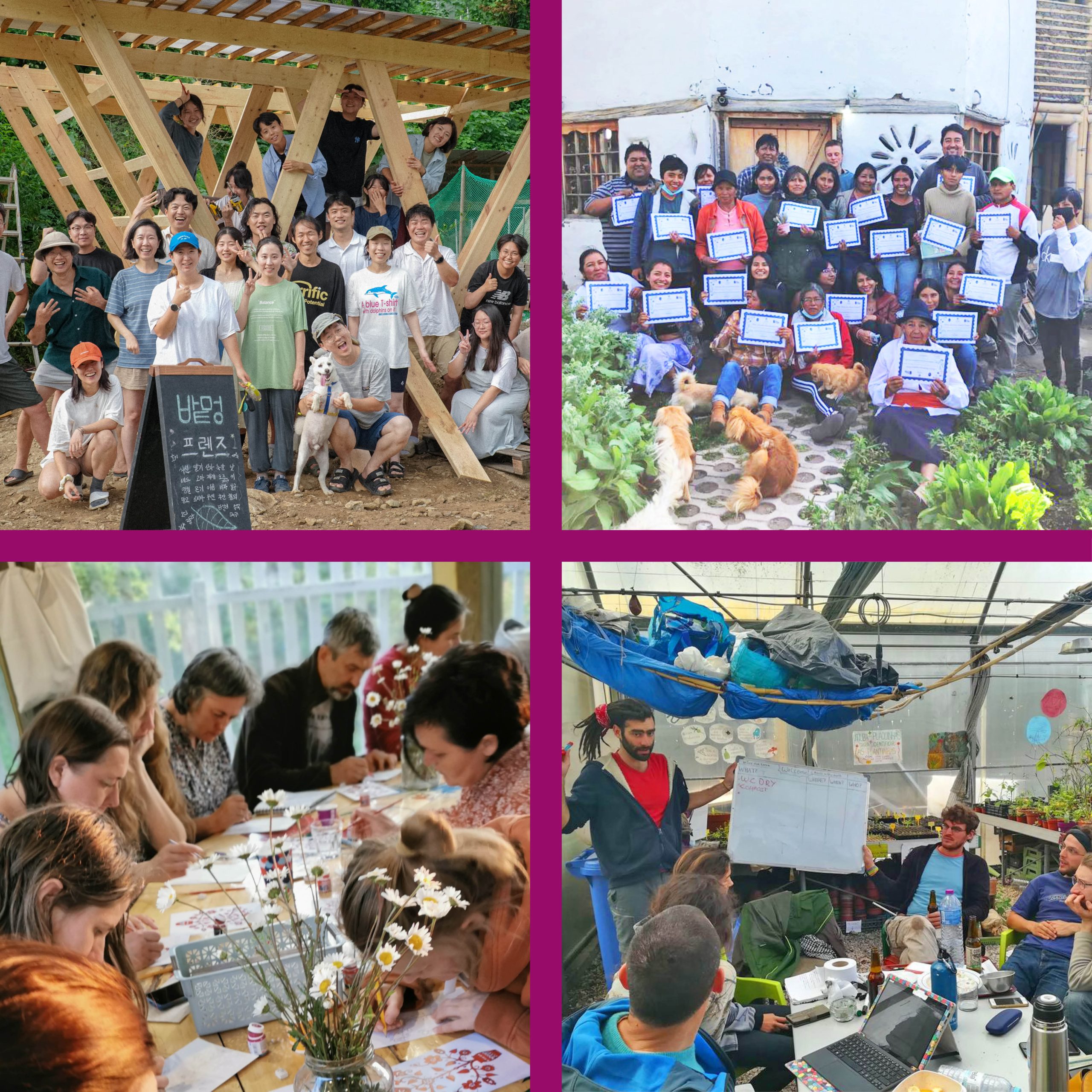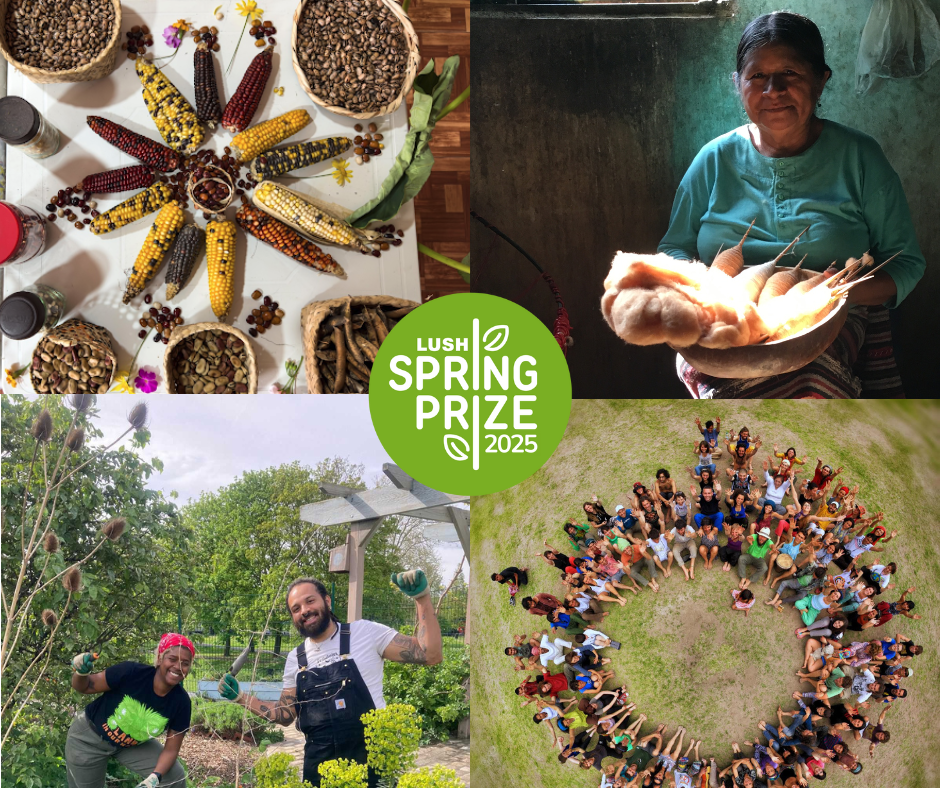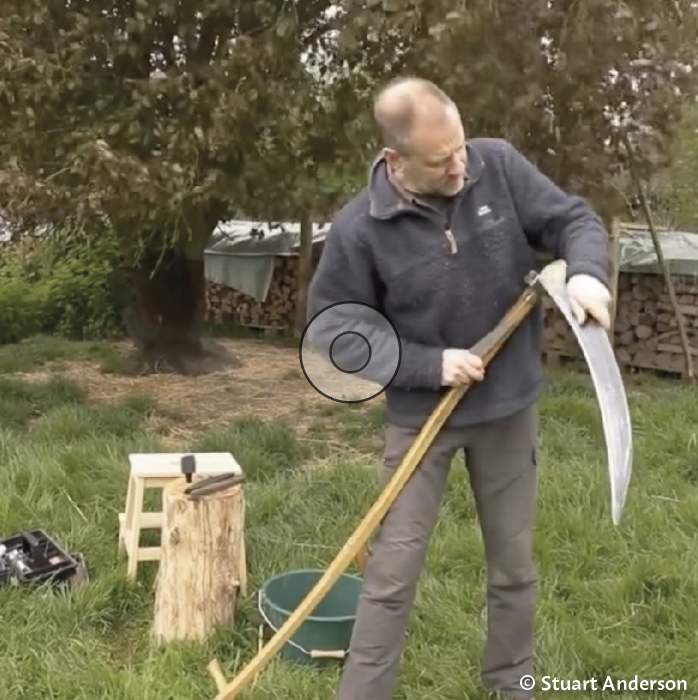This book is needed by all small backyard gardeners and small-scale farmers. There are a lot of books exploring worm-farming, brief chapters in gardening manuals on garden teas, specifics on one single aspect of building soil fertility or information that is too general and diluted. It is clear that we have to stop using chemical herbicides and pesticides. This book fills the gap on a very important subject that will show you in detail how to remediate soil naturally.
The author begins by explaining how the research and practice of using compost teas has developed. My only disappointment here is that he mentions Korean Natural Farming (KNF) preparations but does not quote Master Cho’s work directly. In sharing precise research, I would have expected KNF to be more fully explored.
Fisher then shows the reader the importance of understanding what type of soil and fertility we may have and what kind of micro-ecosystems we walk on. Teas work on microorganisms and bacteria and we have to know where they live, so we can understand what nutrients are missing in the soil or why we are suffering with certain pests. The chapters on life in soil and in leaves are very interesting. I’m always intrigued by research on insects, microorganisms and bacteria. This leads to a point the author explains well: even the plant based natural teas we can make with ingredients directly from our backyards can harm certain species and have some counter effects like the industrial products. We need to know this!
We then get to the core of the book; practical chapters packed with recipes and solutions for brewing the best teas for our conditions. The author shares recipes with clear step by step instructions that are based on ingredients we can mainly find easily in a temperate climate, in our gardens or in the countryside. This is one of his expressed goals: To help the reader learn what incredible resources we have under our feet.
Another very interesting aspect of the book is an analysis of the research about plant based teas and whether organic growers think these teas are scientifically based or not. This is important as it explains the obstacles for the general adoption of these low cost yet effective techniques.
Whilst appreciating the author’s attention towards data and research, sometimes he delves a little too deeply into theoretical research for my taste. Nonetheless the chapters are well laid out, helping the reader to understand in depth what compost teas are and how they can be used. The book is therefore incredibly insightful and is what we have been waiting for on the subject.
